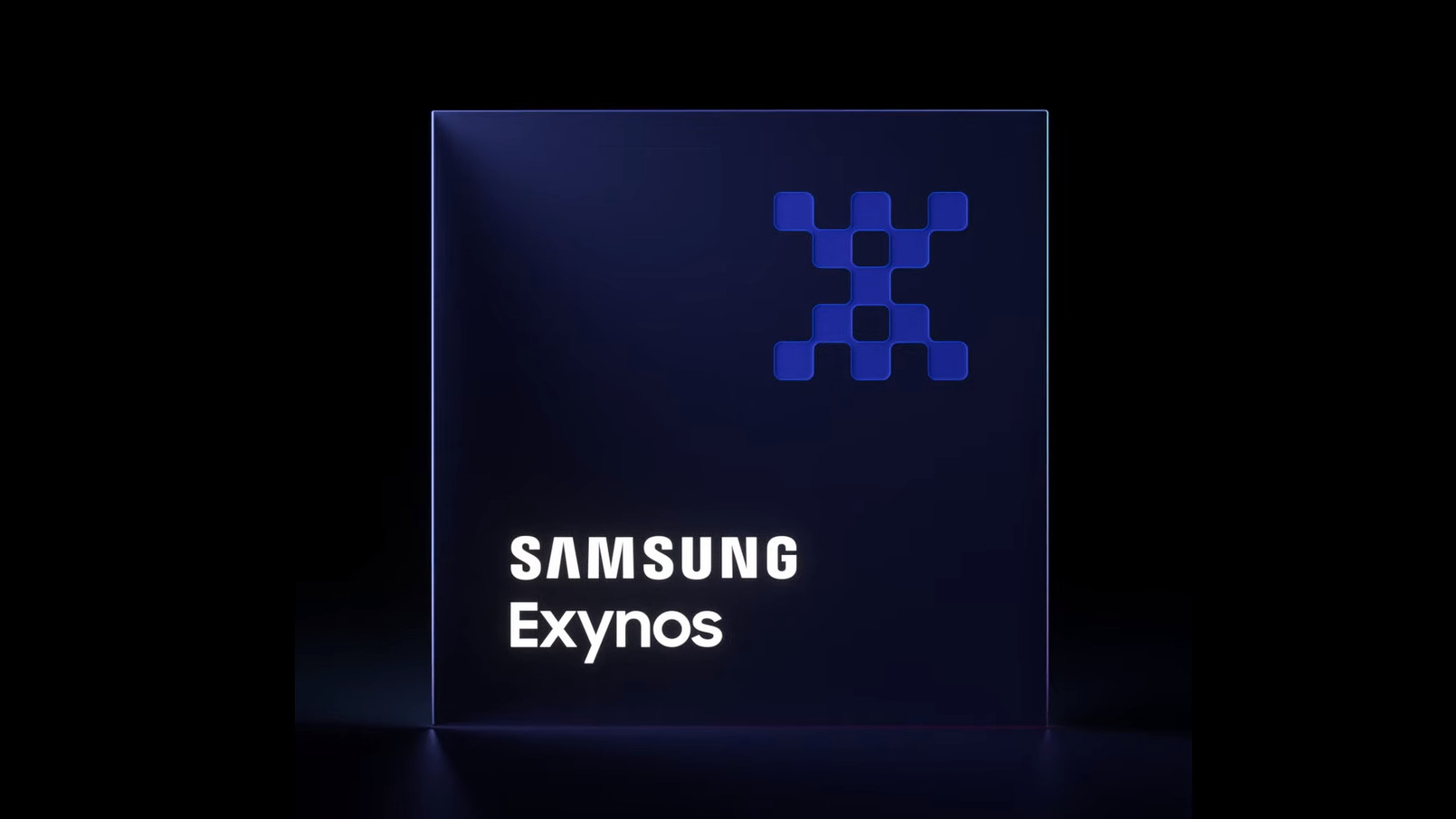Affiliate links on Android Authority may earn us a commission. Learn more.
Samsung Exynos processor guide: Everything you need to know
September 28, 2022
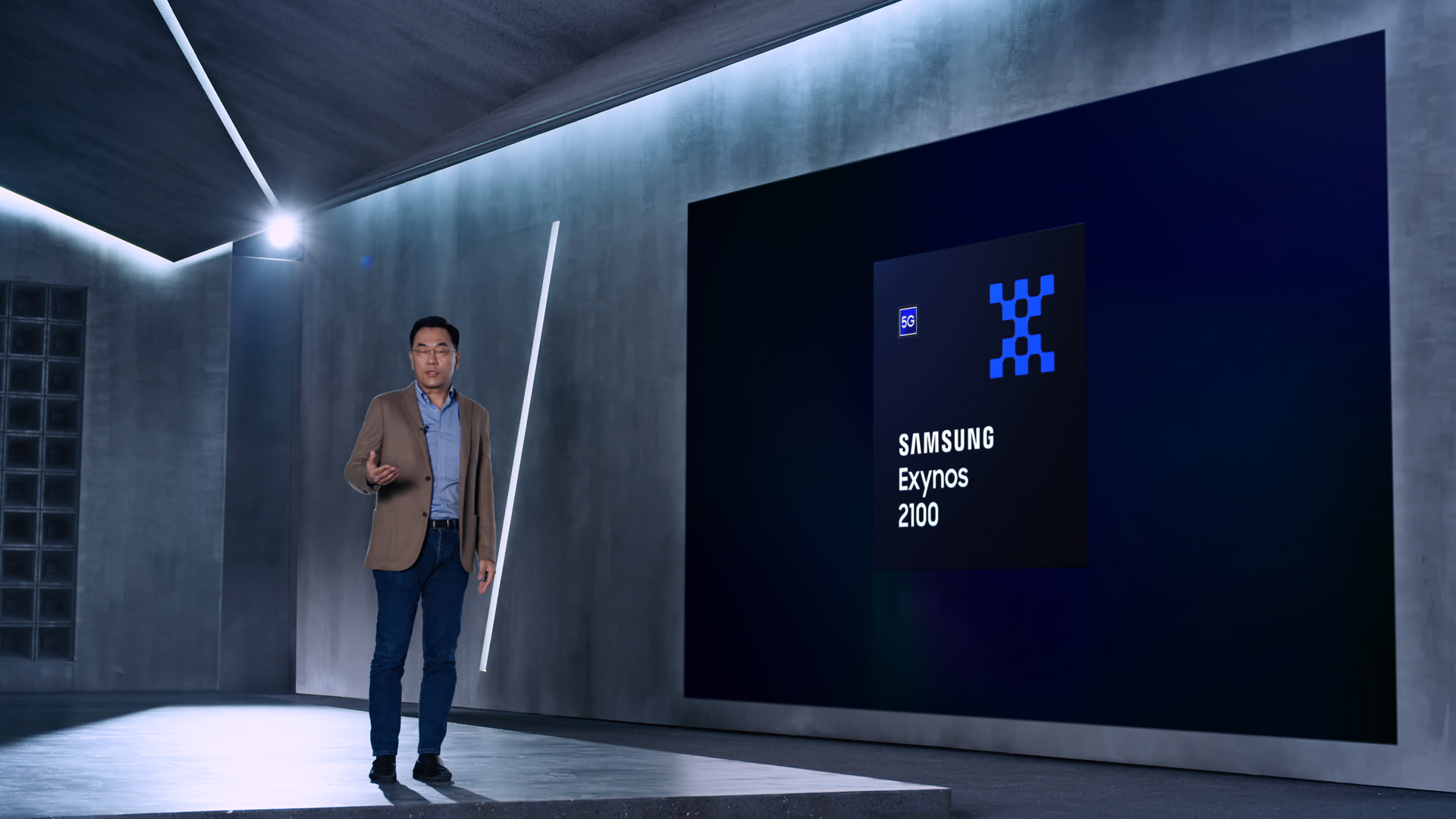
Samsung is one of the few smartphone brands able to produce its own processors, with Apple and Huawei being the only other major manufacturers to do so. This allows the company to create chips that precisely suit its needs, while also theoretically allowing them to save a few pennies too.
The Samsung Exynos processor range can be found in everything from cutting-edge 5G flagships to $100 phones. So with that in mind, we put together a guide to these SoCs.
Check out our other SoC guides here:
What is Samsung Exynos?
Exynos is the name of Samsung’s smartphone processor family, spanning low-end budget smartphones to the company’s $1,000+ flagship devices. These chipsets are not only designed by Samsung but also manufactured by the company’s foundry division.
Samsung’s first custom chipsets didn’t have the Exynos moniker though, as 2010’s Galaxy S debuted a so-called Hummingbird processor instead. 2011 saw Samsung debuting the Exynos name with the Exynos 4210 Dual in the Galaxy S2 series. The name continues to be used to this day, with the most recent high-profile processor being the Exynos 2200.
Flagships: Exynos vs Snapdragon
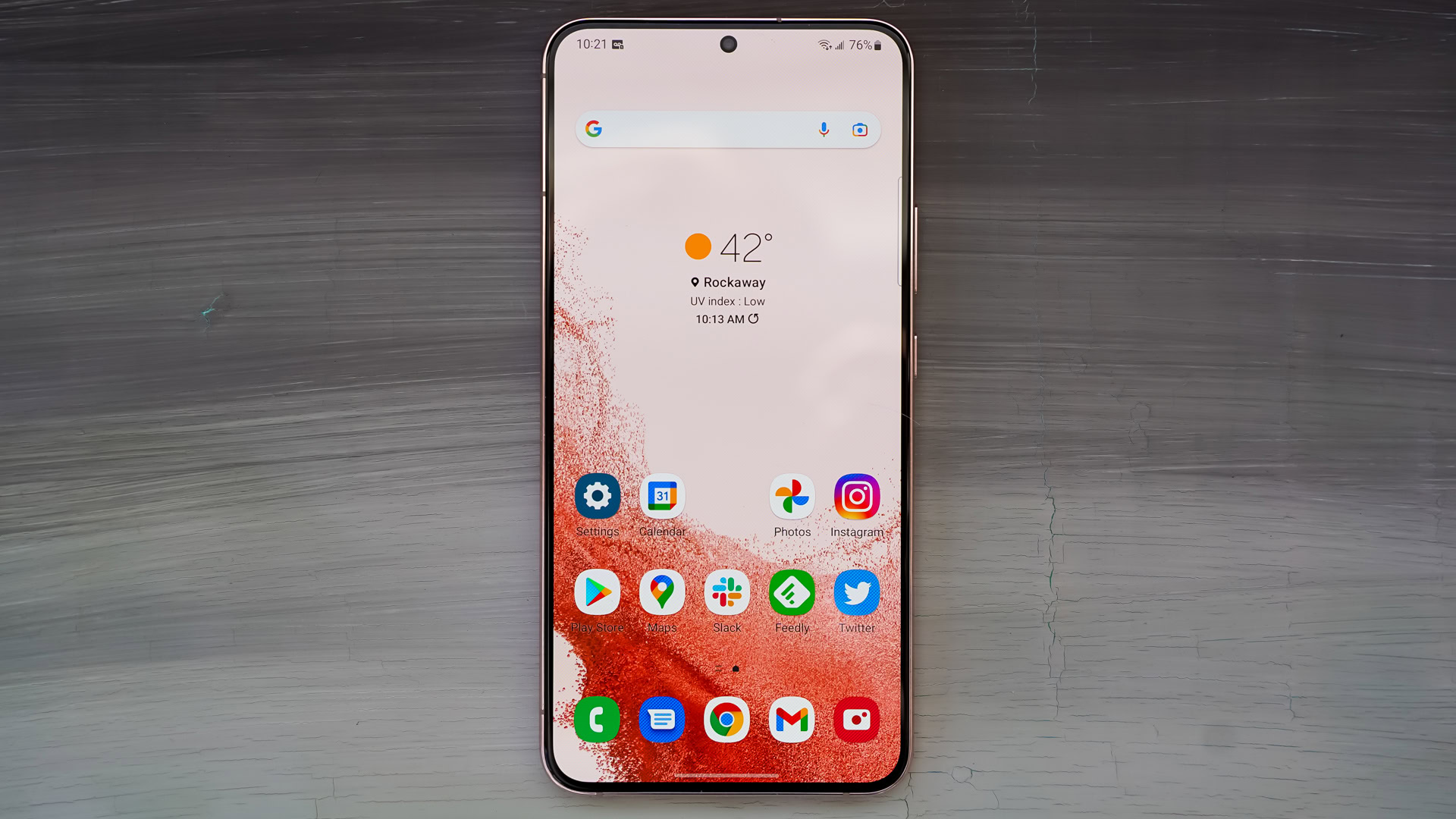
Samsung has long offered two variants of its top-end Galaxy phones, with the primary difference boiling down to chipset. Galaxy flagships in the US, China, and several other markets typically got a model with a Qualcomm Snapdragon chipset. Meanwhile, Europe, the Middle East, Africa, and Korea used to get a version with the in-house Exynos processor.
That changed in 2022 with the Galaxy S22 series. We’ve still got a variant with a Snapdragon chipset and a model with an Exynos processor, but the Exynos variant is restricted to Europe.
Samsung's flagship Exynos chipsets are in fewer markets than ever before, as Snapdragon variants take over all but Europe.
The Exynos-powered Galaxy S22 phones use the Exynos 2200 chipset, offering a powerful octa-core CPU arrangement. Expect a single Cortex-X2 CPU core, three Cortex-A710 cores, and four Cortex-A510 cores for lightweight tasks. Samsung’s custom SoC also brings a 4nm design, a modem that supports mmWave and sub-6GHz 5G, a dual-core NPU for machine learning, and impressive camera capabilities (200MP support, 8K recording).
However, the Exynos 2200 also stands out as the first smartphone processor with an AMD GPU. The new GPU is dubbed the Xclipse 920 and is based on AMD’s RDNA2 graphics tech. It supports desktop-class features like hardware-based ray-tracing and variable rate shading.
Read: Samsung Galaxy S22 benchmarked — Snapdragon 8 Gen 1 versus Exynos 2200
Last year’s Exynos chipset was the Exynos 2100, and was used in the likes of the Galaxy S21 series. It relied solely on Arm CPU and GPU tech, while being built on a 5nm process. But you nevertheless got standout features like 200MP camera support, 8K recording, and concurrent data processing from four cameras.
Samsung used to make its own Mongoose CPUs as well, but the company shut this division down at the end of 2019. The Exynos 990 (found in 2020’s Galaxy S20 range) was the last processor to use these custom CPU cores.
| Samsung Exynos 2200 | Samsung Exynos 2100 | |
|---|---|---|
CPU | Samsung Exynos 2200 1x Cortex-X2 3x Cortex-A710 4x Cortex-A510 | Samsung Exynos 2100 1x Cortex-X1 3x Cortex-A78 4x Cortex-A55 |
GPU | Samsung Exynos 2200 AMD Xclipse 920 | Samsung Exynos 2100 Arm Mali-G78 MP14 |
AI / DSP | Samsung Exynos 2200 Dual-core NPU | Samsung Exynos 2100 Tri-core NPU |
Modem | Samsung Exynos 2200 4G LTE 5G sub-6GHz & mmWave 7.35Gbps download (integrated) | Samsung Exynos 2100 4G LTE 5G sub-6GHz & mmWave 7.35Gbps download (integrated) |
Connectivity | Samsung Exynos 2200 Bluetooth 5.2 Wi-Fi 6 | Samsung Exynos 2100 Bluetooth 5.1 Wi-Fi 6 |
Camera | Samsung Exynos 2200 200MP single 8K/30fps 4K/120fps | Samsung Exynos 2100 200MP single 8K/30fps 4K/120fps |
Process | Samsung Exynos 2200 4nm | Samsung Exynos 2100 5nm |
Qualcomm’s flagship processors have generally enjoyed the upper hand over high-end Exynos chipsets when it comes to GPU power and efficiency. This seems to be the case in 2022 as well. Our initial testing found that the Snapdragon 8 Gen 1 and Exynos 2200 are very similar in terms of CPU power but that Qualcomm’s SoC had a clear lead when it came to graphical performance. However, further benchmarks show that both SoCs fare similarly poorly when it comes to sustained performance. Nevertheless, most users should see a smooth experience no matter the chipset.
Notable Exynos flagship phones
Mid-range: Powering the Galaxy A series
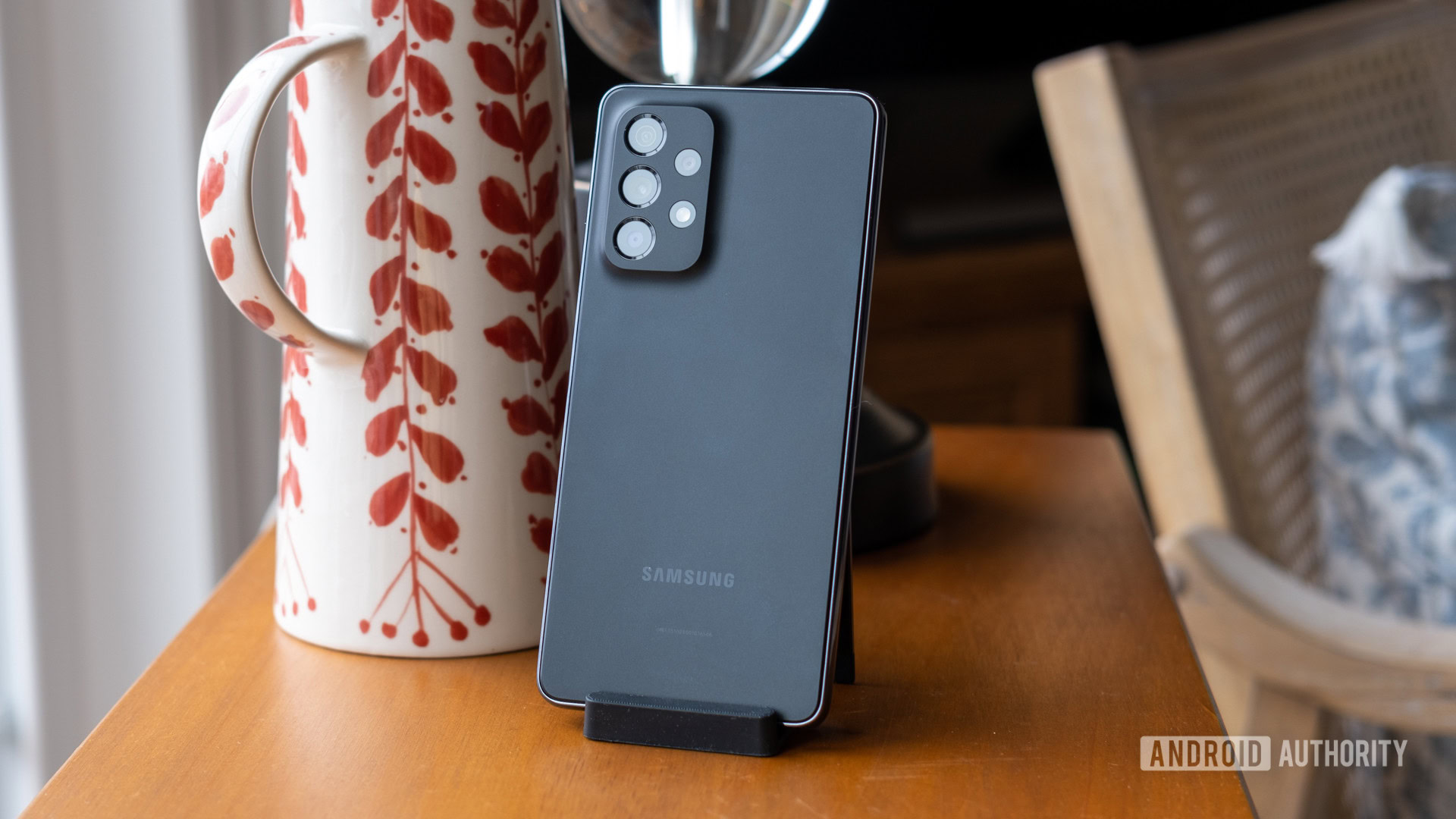
It used to be the case that Samsung’s mid-tier Exynos processors (generally aimed at Qualcomm’s Snapdragon 700 series) were pretty mediocre, but the firm has raised its game in the last few years.
The most recent mid-range Samsung chipset is the Exynos 1280, which debuted earlier in 2022. This SoC is built on a 5nm process and brings an octa-core CPU (2x Cortex-A78 and 6x Cortex-A55) and a Mali-G68 MP4 GPU. You’re also getting an NPU, 120Hz refresh rate, 108MP camera support, and 4K/30fps recording support. In other words, it’s not a best-in-class processor but should get the job done just fine.
| Exynos 1280 | Exynos 1080 | |
|---|---|---|
CPU | Exynos 1280 2x Cortex-A78 6x Cortex-A55 | Exynos 1080 4x Cortex-A78 4x Cortex-A55 |
GPU | Exynos 1280 Mali-G76 MP5 | Exynos 1080 Mali-G78 MP10 |
Modem | Exynos 1280 2.55Gbps down 1.28Gbps up (sub-6GHz) 1.84Gbps down 0.92Gbps up (mmWave) | Exynos 1080 5.1Gbps down 1.28Gbps up (sub-6GHz) 3.67Gbps down 3.67Gbps up (mmWave) |
Connectivity | Exynos 1280 Bluetooth 5.2 Wi-Fi 5 | Exynos 1080 Bluetooth 5.2 Wi-Fi 6 |
Cameras | Exynos 1280 108MP single | Exynos 1080 200MP single 32+32MP dual |
Process | Exynos 1280 5nm | Exynos 1080 5nm |
Oddly enough, Samsung’s previous chipset, the Exynos 1080, was actually more powerful than the Exynos 1280 in several ways. It’s built on a 5nm process too but offers a superior CPU (4x Cortex-A78 and 4x Cortex-A55) and a very respectable Mali-G78 MP10 GPU. The SoC even offered a 144Hz refresh rate, 200MP single camera support and 4K/60fps recording.
Notable phones
- Samsung Galaxy A53
- Samsung Galaxy A33
- vivo X60 series (China)
Budget: Aging processors
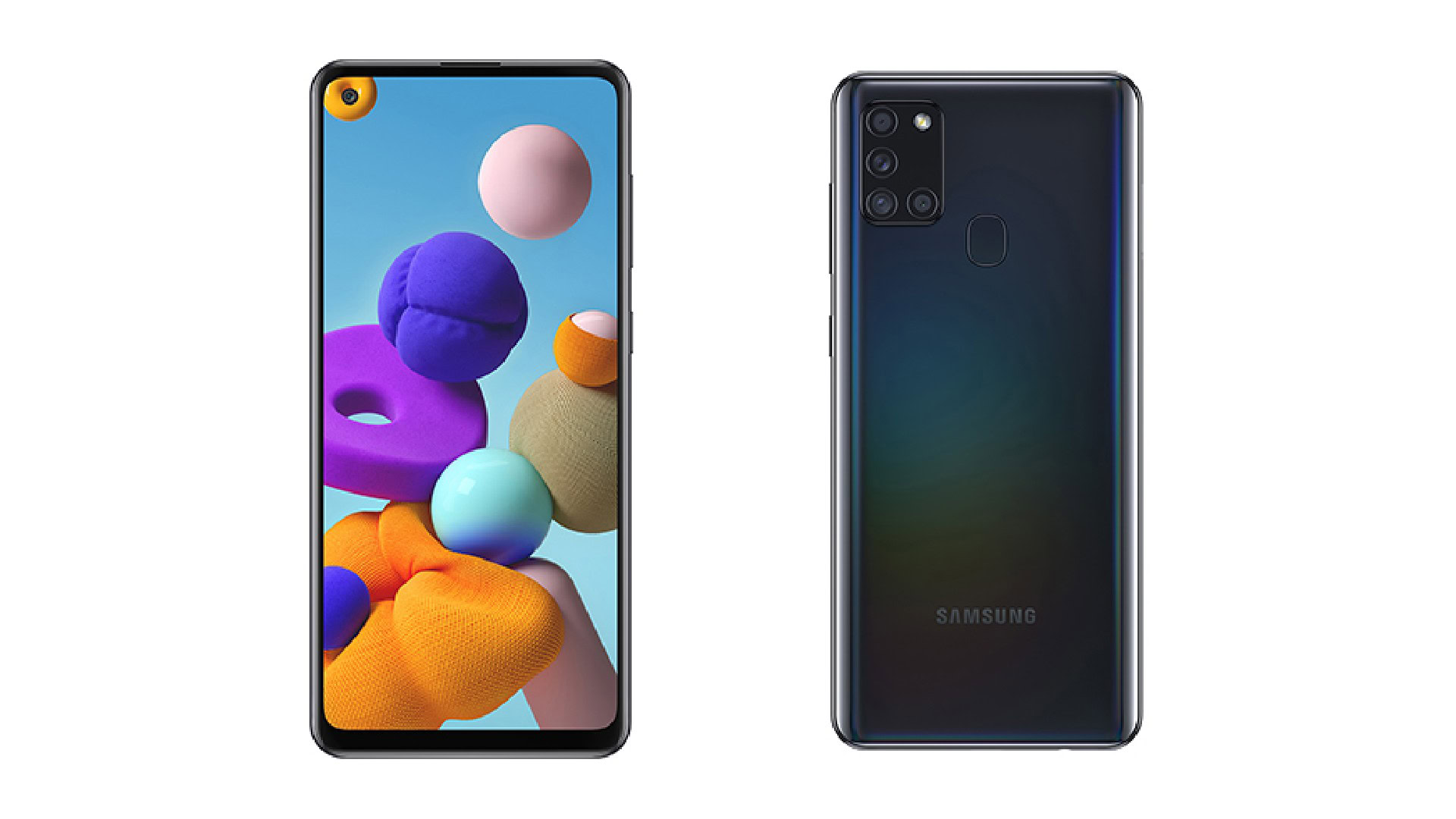
Samsung’s truly budget processors have largely been unspectacular performers as you’d expect from this segment. The Exynos 850 is the latest chipset in this tier, but it was actually launched back in 2020. Still, it’s probably the most energy-efficient Exynos SoC on the market.
The Exynos 850 offers an octa-core Cortex-A55 CPU, making for a mild power and efficiency upgrade from earlier low-end Exynos chipsets, which often pack octa-core or even quad-core Cortex-A53 CPUs. You’re also getting a Mali-G52 MP1 GPU, and 48MP camera support.
The Exynos 850 is the most recent low-end Exynos processor on the market, even though it was released in 2020.
But it’s the Exynos 850’s combo of a lightweight, efficient CPU and 8nm design that should deliver notable power savings over other budget Exynos SoCs. The processor is currently found in phones like the Galaxy A13 4G, which also offers a 5,000mAh battery, so expect impressive endurance. Just don’t expect to play advanced 3D games at a smooth pace (if at all), and we aren’t expecting fast loading or brisk camera performance either.
| Exynos 850 | |
|---|---|
CPU | 8x Cortex-A55 |
GPU | Mali-G52 MP1 |
Modem | 300Mbps down 150Mbps upload |
Connectivity | Bluetooth 5 Wi-Fi 5 |
Cameras | 48MP single, 16+5MP dual |
Process | 8nm |
The rest of Samsung’s low-end Exynos chipsets are largely much older processors, like the Exynos 7870, and 7880. These SoCs offer octa-core Cortex-A53 CPUs, aging Mali T-series graphics, modest camera specs (no 32MP+ support here), and 14nm designs. Samsung hasn’t used these processors in a while though, leaning on either the Exynos 850 or budget Qualcomm and MediaTek silicon instead.
Notable phones
- Samsung Galaxy A13 4G
- Samsung Galaxy A21s
- Samsung Galaxy M12
- Samsung Galaxy M13
The future: Where to next for Exynos?

The short-term future of high-end Samsung Exynos processors seems a little murky. Qualcomm announced a deal with Samsung in July 2022 which will see Snapdragon processors power Galaxy flagships “globally” from 2023.
Qualcomm CEO Cristiano Amon noted that Snapdragon processors previously powered 75% of all Galaxy S22 series phones but that “we’re going to be much better than that on Galaxy S23 and beyond.” This statement does leave wiggle room for Galaxy S23 series variants powered by Exynos silicon in 2023, but it remains to be seen whether this will indeed happen.
A new Qualcomm/Samsung deal raises many questions over the future of high-end Exynos processors.
We also heard rumors prior to Qualcomm and Samsung’s announcement, suggesting that Samsung could skip an Exynos flagship release in 2023 and 2024. Instead, the rumors point to a rejuvenated Exynos flagship release in 2025.
Nevertheless, the announcement also makes us wonder about Samsung and AMD’s partnership for smartphone graphics. After all, the two companies called this deal a multi-year partnership.
We expect mid-range and low-end Samsung Exynos processors to fare just fine in the future, though. The Samsung/Qualcomm deal only applies to high-end products. So we’re definitely expecting new mid-range and budget-tier Exynos silicon next year. It’s also theoretically possible that Samsung’s mid-range Exynos silicon could gain AMD power if a flagship Exynos processor isn’t forthcoming in 2023.
FAQs
Snapdragon processors have usually had the edge over Exynos chips, but this can vary between the different releases.
No, Apple’s iPhone processors have usually been better than Android rivals (including Exynos silicon).
Either option will be fine for most people. But the Snapdragon version is recommended for frequent mobile gamers, as developers tend to prioritize Qualcomm silicon.
They’re made in Korea by Samsung Foundry.
Yes, they support both 5G standards.
